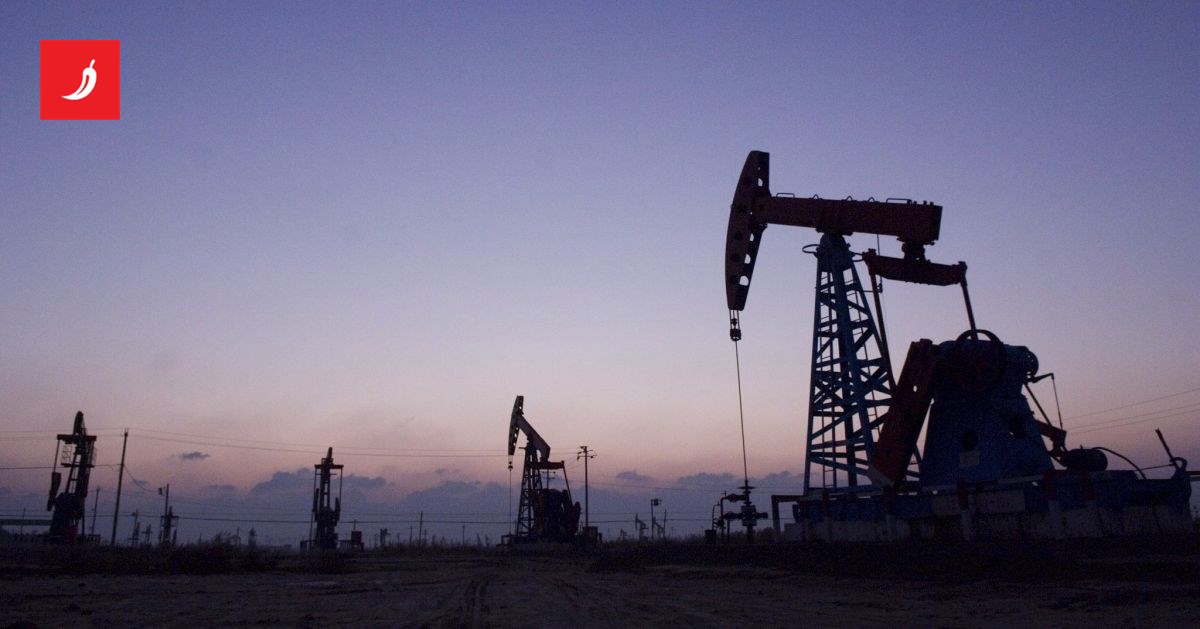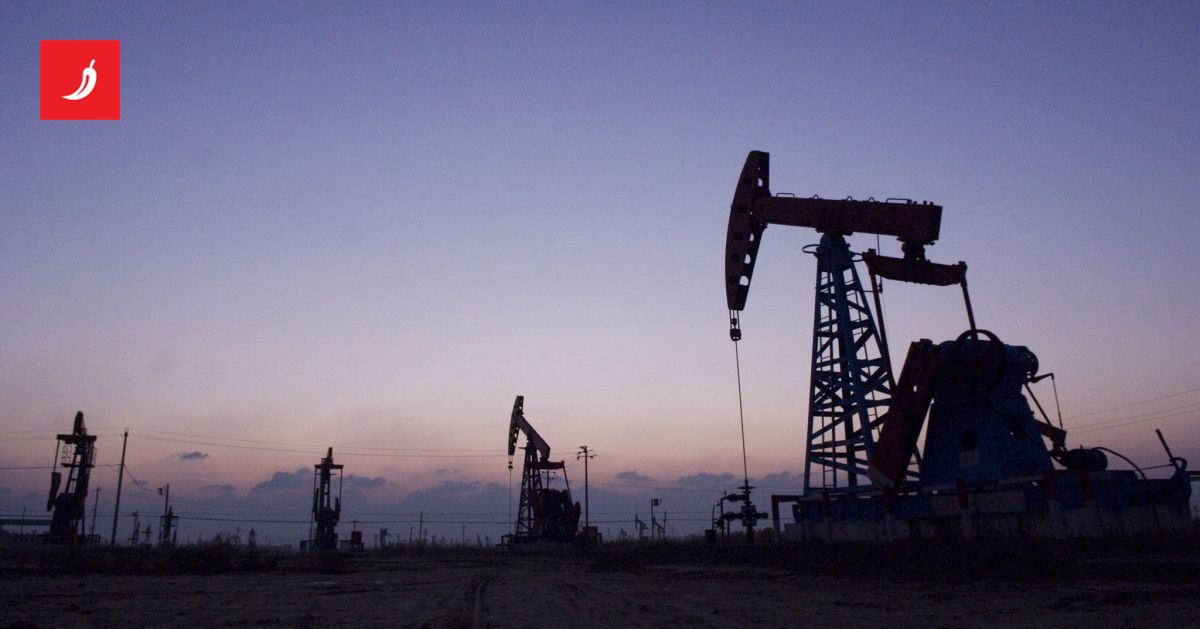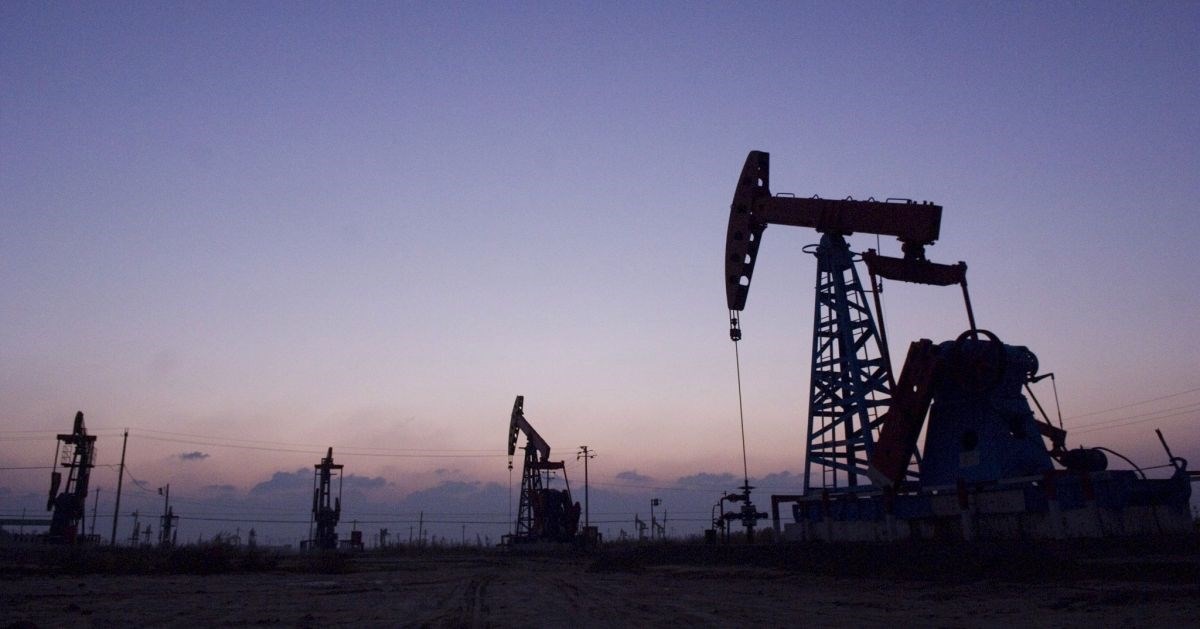Middle East and Oil: The Drama Cools Down, But the Fallout Remains!
Did you see what happened to oil prices last week? They plunged by more than 11%! Yes, you read that right – over 11%! All because of a ceasefire agreement between Israel and Iran. It’s like someone hit the pause button on the world’s most explosive hotspot.
What exactly happened?
On the London market, the price per barrel dropped by 12% to $67.77, while in the US market it fell by 11.3% to $65.52. Why? Because the ceasefire deal between Israel and Iran eased fears of supply disruptions from the Middle East.
Why does it matter?
The Strait of Hormuz, through which between 18 and 19 million barrels of crude oil pass daily, was the center of attention. Closing this strait would mean chaos for the global oil and fuel markets. Now, with the ceasefire, that threat has subsided, and prices have returned to pre-conflict levels.
But it’s not that simple…
Experts warn that although the ceasefire brought relief, the situation in the Middle East can still impact global prices of food, fertilizers, and energy. The European Union is imposing tariffs on fertilizer imports from Russia and Belarus, complicating matters further. Rising oil prices directly affect the costs of food production and transportation, potentially leading to higher prices for basic goods.
Tourism takes a hit
Due to the unstable situation, tourists from the Middle East, especially Israelis, are canceling reservations in Montenegro. Hotels in the northern part of the country are already feeling the impact, and flights between Tel Aviv and Tivat have been canceled until the end of June. This is a big blow to the local economy, which hopes the situation will calm down soon.
Geopolitical tension still simmers
Although a ceasefire has been reached, tensions between Iran and Israel continue. Iranian officials say they are ready to respond to any threat, while Israel continues military activities. This cat-and-mouse game could ignite the region again and cause new spikes in oil prices.
Conclusion
So, while oil prices are currently stabilizing, the world can’t breathe easy. The Middle East remains the most explosive point on the global map, and any new conflict could shake the economy and our wallets. If you think this is the end of the drama, think again – it’s just a pause in the most intense movie of our time.
What do you think? Will the ceasefire last, or is this just a breather before the next storm? Drop a comment, let’s see who’s optimistic and who’s already grabbing popcorn for the next round!





































